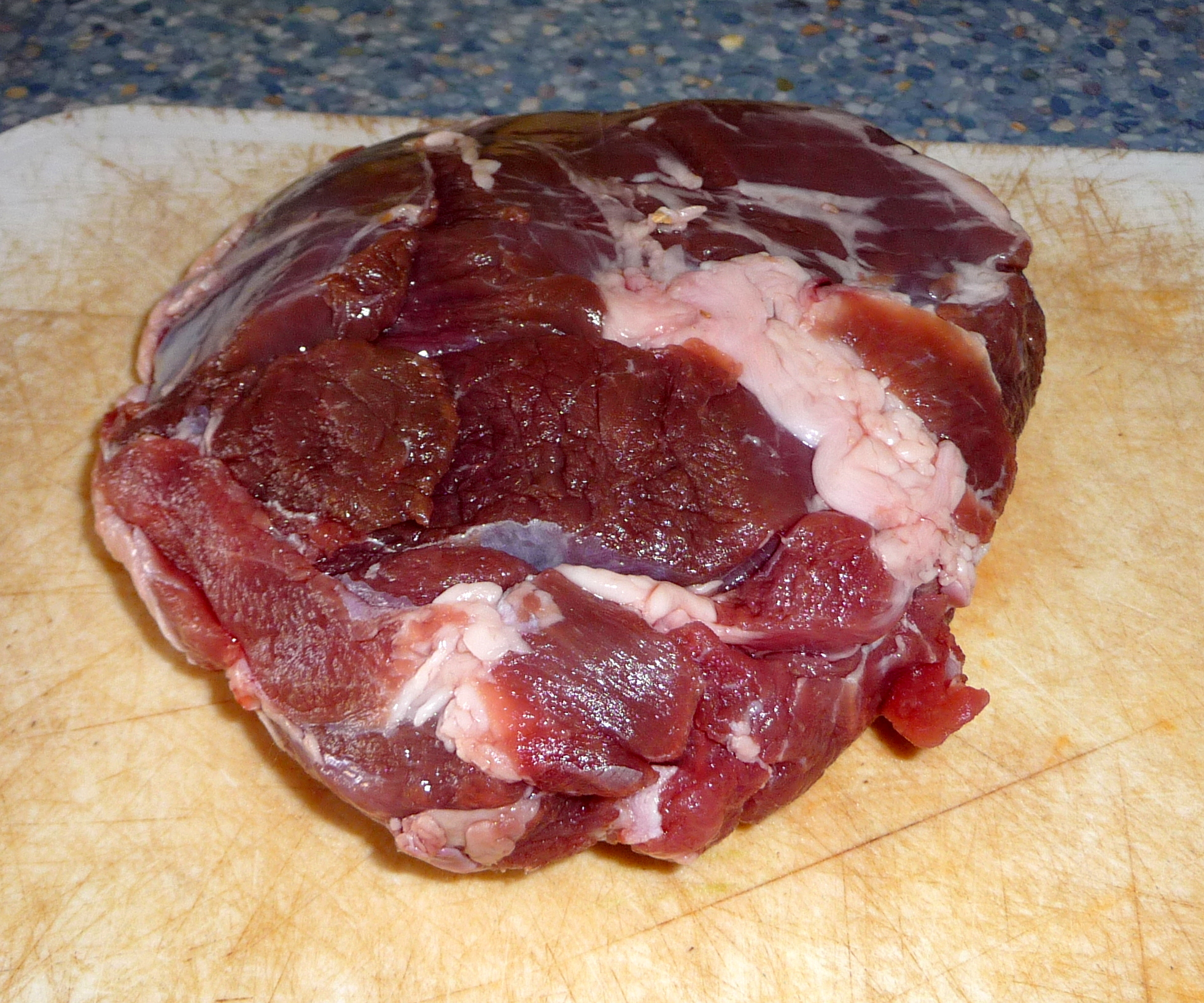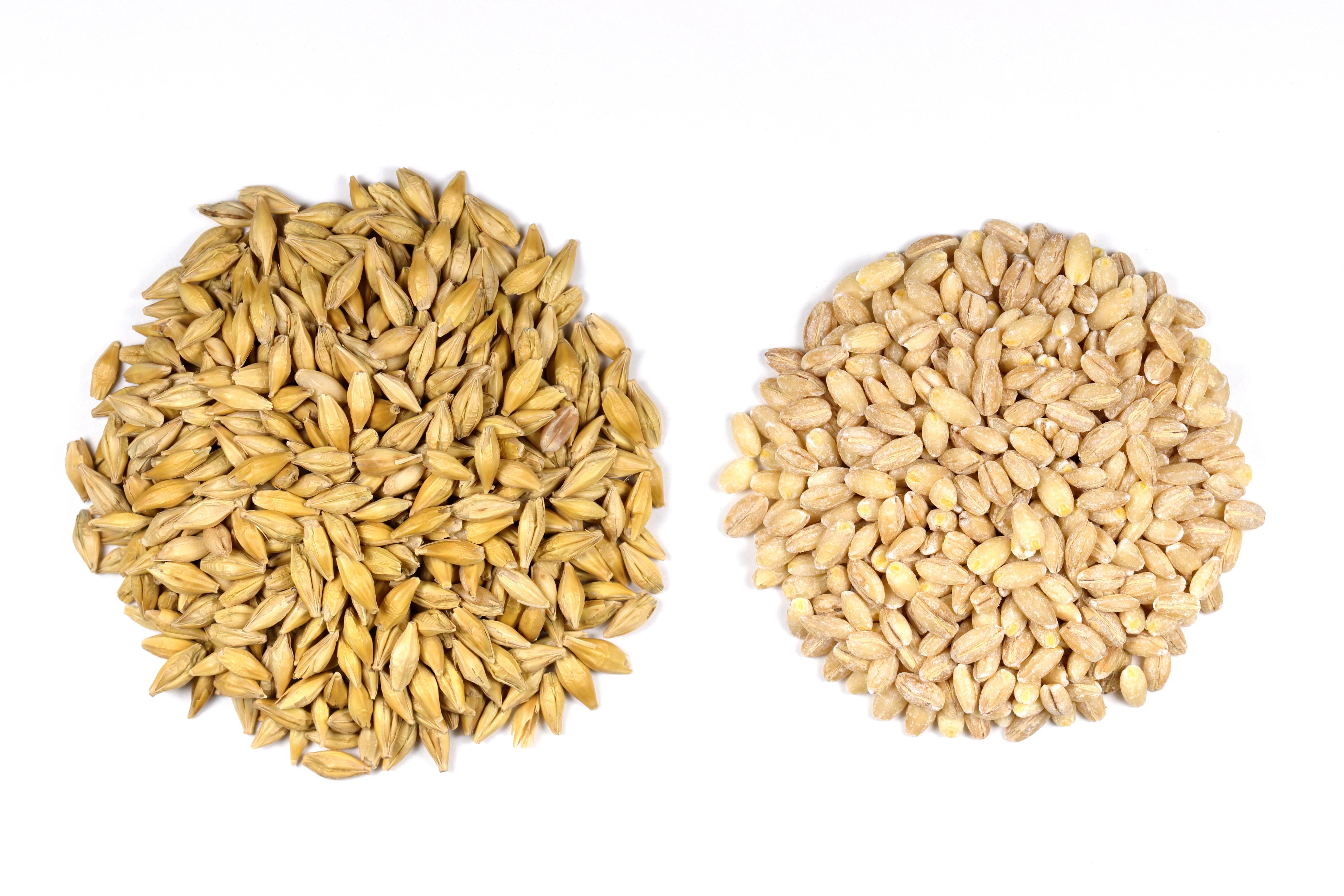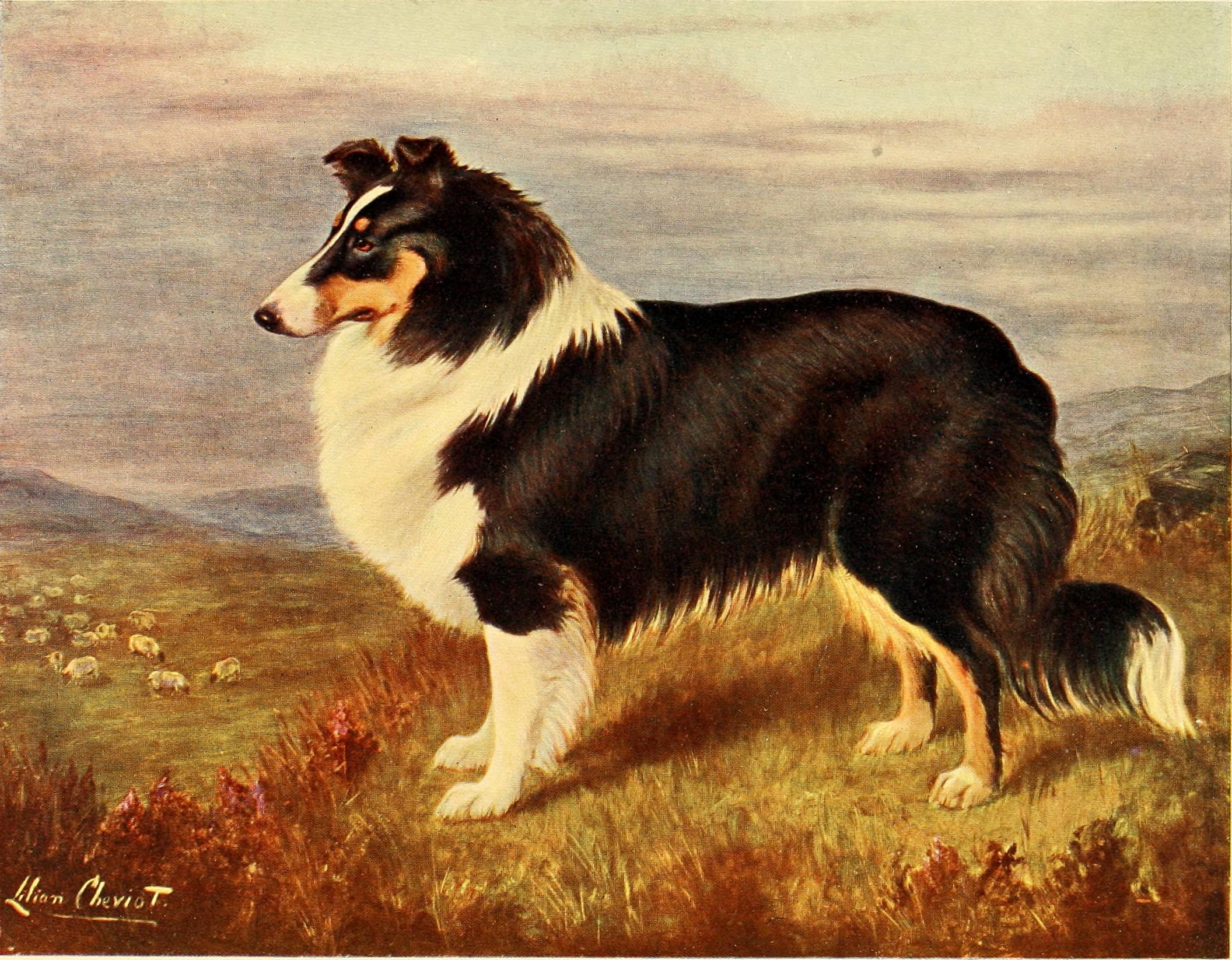Unearthing the Secrets of Nutritious Kibble for Your Petite Pooch
No two dogs are alike, especially when it comes to their dietary requirements. Small breed dogs, in particular, have unique nutritional needs that must be met for them to grow and develop into healthy adults. They require a higher daily caloric intake relative to their weight than larger breeds and often do better on diets rich in quality proteins and carbohydrates, balanced with appropriate levels of fats, fiber, vitamins, and minerals. With so many dog food options available, how do you make the right choice? Embark on this informative exploration to uncover the secrets behind selecting the most nutritious kibble for your petite pooch.
Understanding the specific needs of small breed dogs is crucial. These pups tend to have faster metabolisms, requiring more calories per pound of body weight. And because of their minimal storage capacity, regular feeding schedules are a must. Tailored kibble sizes are also necessary due to their smaller mouths and jaws. Making the optimal kibble choice will go a long way in giving them a more comfortable, healthier life.
The Importance of High-Quality Protein

The cornerstone of any healthy dog diet is protein, particularly crucial for our miniature friends. Small breed dogs need a rich protein source to support their high energy needs, lean muscle development, and heightened metabolic rate.
A stellar kibble option will have a recognizable animal protein source listed as the first ingredient. This could include chicken, beef, lamb, or fish. Proteins should contribute at least 25% - 30% of your dog’s diet, ensuring optimal nutrient absorption and a fulfilled, active pooch.
The Role of Fats and Carbohydrates

Just like protein, fats and carbohydrates play a significant role in keeping your petite pooch healthy. Fats, especially omega-3 and omega-6 fatty acids, are fantastic for their skin, coat, brain, and eye health.
Healthy carbohydrates provide the energy your little buddy needs to play and explore. Look for kibble incorporating complex carbs like sweet potatoes, brown rice, or barley. These ingredients help maintain a steady energy level and fend off spikes in blood sugar.
Fiber, Vitamins, and Minerals – The Unsung Heroes

Often overlooked, fibers, vitamins, and minerals contribute to your small breed dog's overall health. Dietary fiber helps regulate their digestive system, while vitamins and minerals are pivotal for bone health, immunity, and cell functioning.
When selecting kibble, look for adequate levels of fiber, typically whole grains, fruits, and vegetables. The kibble formula should also contain a range of vitamins A, B, C, D, and E and minerals like calcium, phosphorus, and potassium for a well-rounded diet.
Special Considerations for Petite Pooches

Apart from basic nutritional requirements, small breed dogs have unique needs too. They’re typically prone to dental issues due to crowded teeth, making a kibble that promotes oral health an excellent choice.
Since these pups are at a higher risk of obesity due to their small size, a kibble with balanced nutrition and portion control guidance can be beneficial. Lastly, kibble size and shape should be suitable for their tiny jaws to prevent choking or eating difficulties.
The Journey to Tailored Kibble

With the wealth of information and options out there, choosing the right kibble can be daunting. Start by understanding your small breed dog's unique nutritional needs. Consult your vet, take into account any specific health concerns, and choose a formulation that offers a harmonious blend of proteins, fats, carbohydrates, fibers, vitamins, and minerals.
Knowing what to look for in kibble is a stepping stone to a happier, healthier life for your petite pooch. Every ingredient matters, and the best choice fuels your little companion with the nourishment they need to live life to the fullest. Your furry friend will thank you for it!







